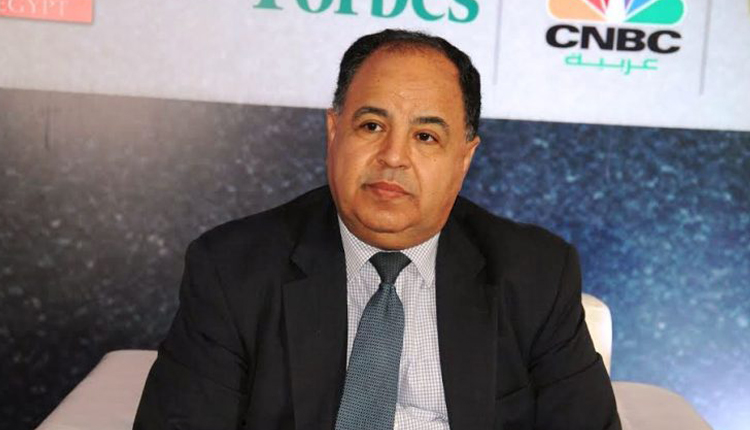Egypt’s Finance Minister Mohamed Maait has told Bloomberg in an exclusive interview that Egypt will not seek further funding from the International Monetary Funding (IMF) when the ongoing loan deal with the fund ends next year.
Egypt reached a three-year $12 billion loan programme with the IMF in November 2016, which has been used to implement sweeping economic reforms such as reducing energy subsidies, imposing new taxes, and floating the currency.
“We are now in a position where we do not think we’ll need further funding from the IMF,” Mait told Bloomberg. “We are committed to further reforming to our economy and making our economic reform model a good example for other countries.”
The reform programme is designed to help revive an economy hard hit by a shortage of foreign currency and investment in the turmoil that followed the 2011 uprising.
Mait said there could be some sort of cooperation with the IMF, but let me say again, and stress, that this does not mean we’re going to ask for further funding, but there could be some kind of cooperation.
In July, the IMF gave a favourable outlook for Egypt’s economy in its third major review of the country’s economic policies in implementing the loan agreement.
The fund projected that the government’s financial policies could reduce its overall current account deficit to 2.6 percent in 2018/2019, down from a previous projection of 4 percent.
Inflation initially soared after the government floated its currency in late 2016, hitting over 33 percent in the summer of last year, but has since dropped steadily to 11.4 percent in May 2018, rising slightly to 14.4 in June.
The World Bank predicted growth would reach 5.6 percent in fiscal year 2019, supported by private consumption, a continued recovery in tourism, and the new operations of recently discovered gas fields.
It also predicted public investment to grow along with the expected private investment if business environment reforms are effectively implemented.
Egypt’s growth rate for the 2017/2018 financial year hit its highest level in ten years as it recorded 5.3 percent growth, compared to 4.2 percent in the year before, according to statements by the country’s planning minister last July.
Source: Ahram Online
